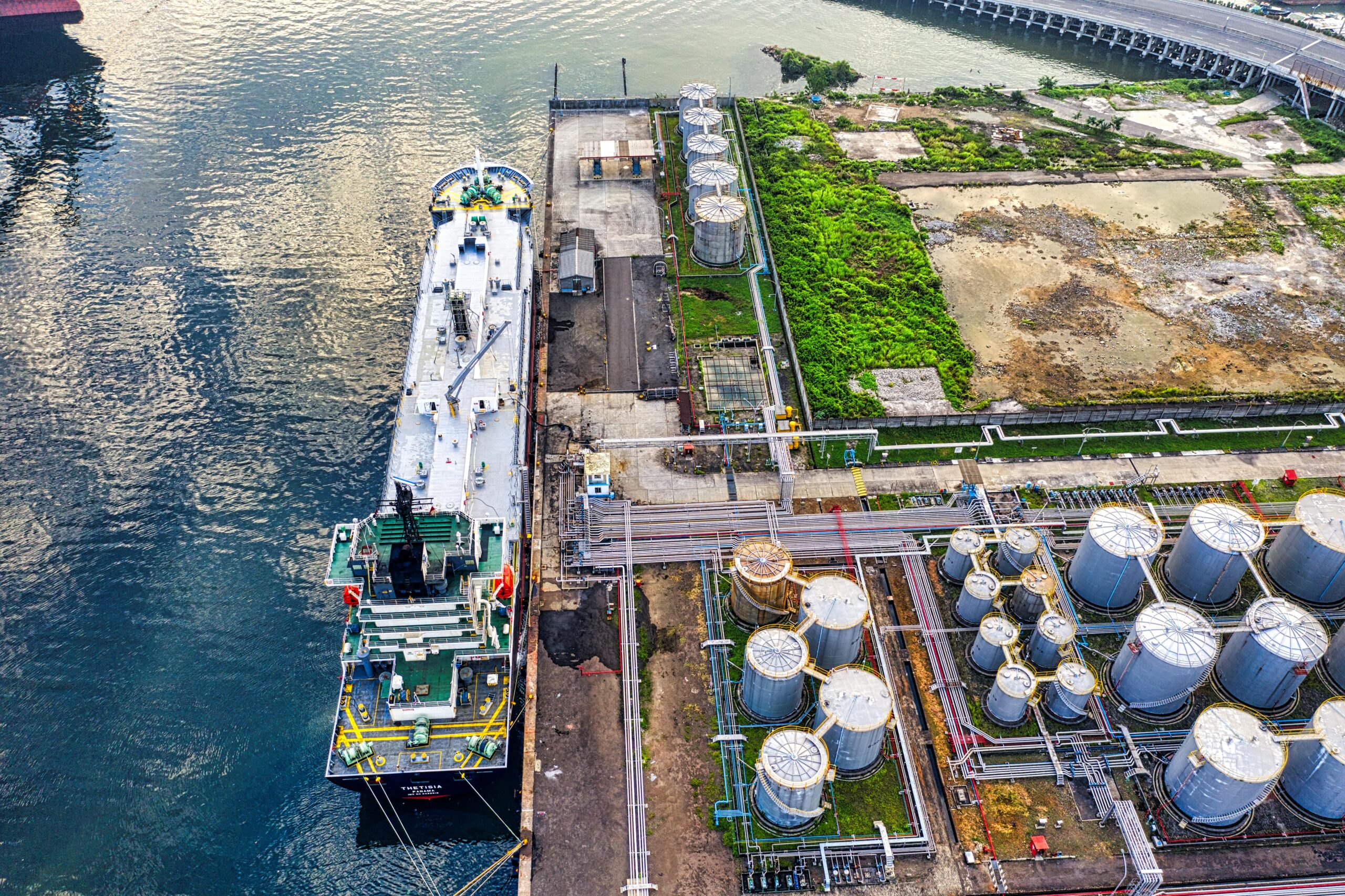Passed as amended with a -5 amendment, with 7-0 vote, from Emergency Management committee
Portland’s Critical Energy Infrastructure (CEI) hub is located along a 6 mile stretch of the Willamette River, northwest of downtown. The CEI hub is a storage site for approximately 90% of Oregon’s liquid petroleum and biofuels, about 360 million gallons in all, but it is located on unstable soil and represents a major hazard in case of a large earthquake.
Neighbors of the CEI hub have expressed concern that, in the event of an earthquake resulting in potentially catastrophic damages, the owner-operators of the facilities may not fulfill their responsibilities to clean up the mess.
This bill directs owners or operators of bulk oils or liquid fuels terminals to acquire and maintain a certificate of financial responsibility attesting that they have the ability to cover the costs of spills. The certificate is a document issued by the Department of Environmental Quality (DEQ), confirming that the owner/operators do have this financial capacity.
The Environmental Quality Commission (EQC) will issue rules to establish reasonable minimum amounts of financial assurance that the owner/operators must meet. In making these rules, the EQC considers the type and size of operational risks involved, the amount of fuel stored, the environmental sensitivity of the area, and the projected cleanup expenses.
The amount of financial insurance that can be required of an owner/operator is capped at $300 million. This cap may be adjusted on or after January 1, 2030.
The bill further directs the EQC to regularly update the amounts of financial assurance initially established, to reflect new industry experience, emerging risks, and other factors. In executing this the EQC is required to appoint an advisory committee that will assist in drafting rules and ensuring that the financial responsibility requirements are fair and effective.
The bill blocks local governments from requiring owner/operators of these facilities to obtain financial assurance mechanisms that exceed or are in addition to the requirements imposed by the EQC.
The DEQ has to file a report with the legislature by September 15, 2026, describing the progress made in drafting or implementing the required rules. The report also has to describe whether the amounts of financial assurance suffice to cover spill-related liabilities, and whether the covered owner/operators are able to comply with the requirements.
